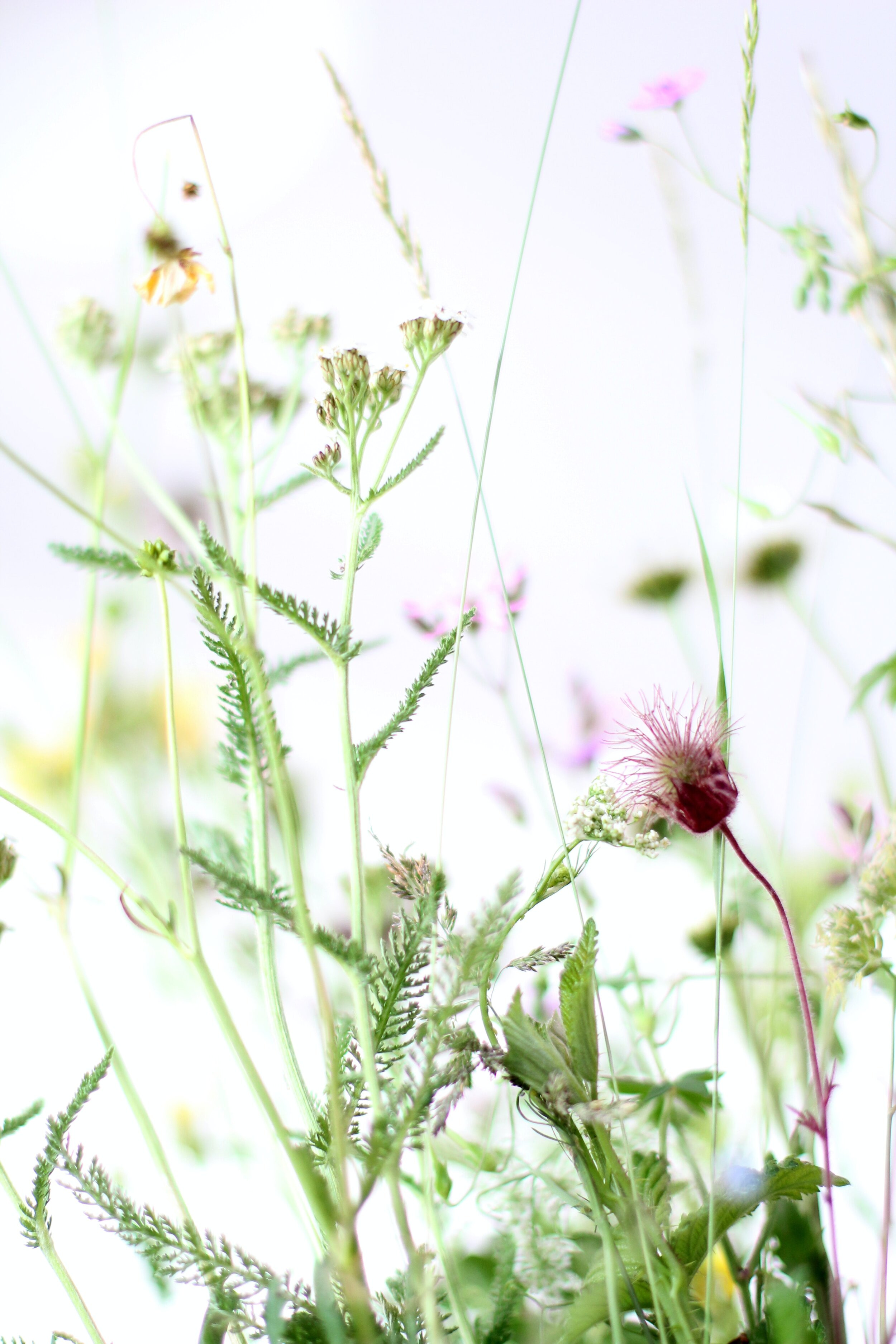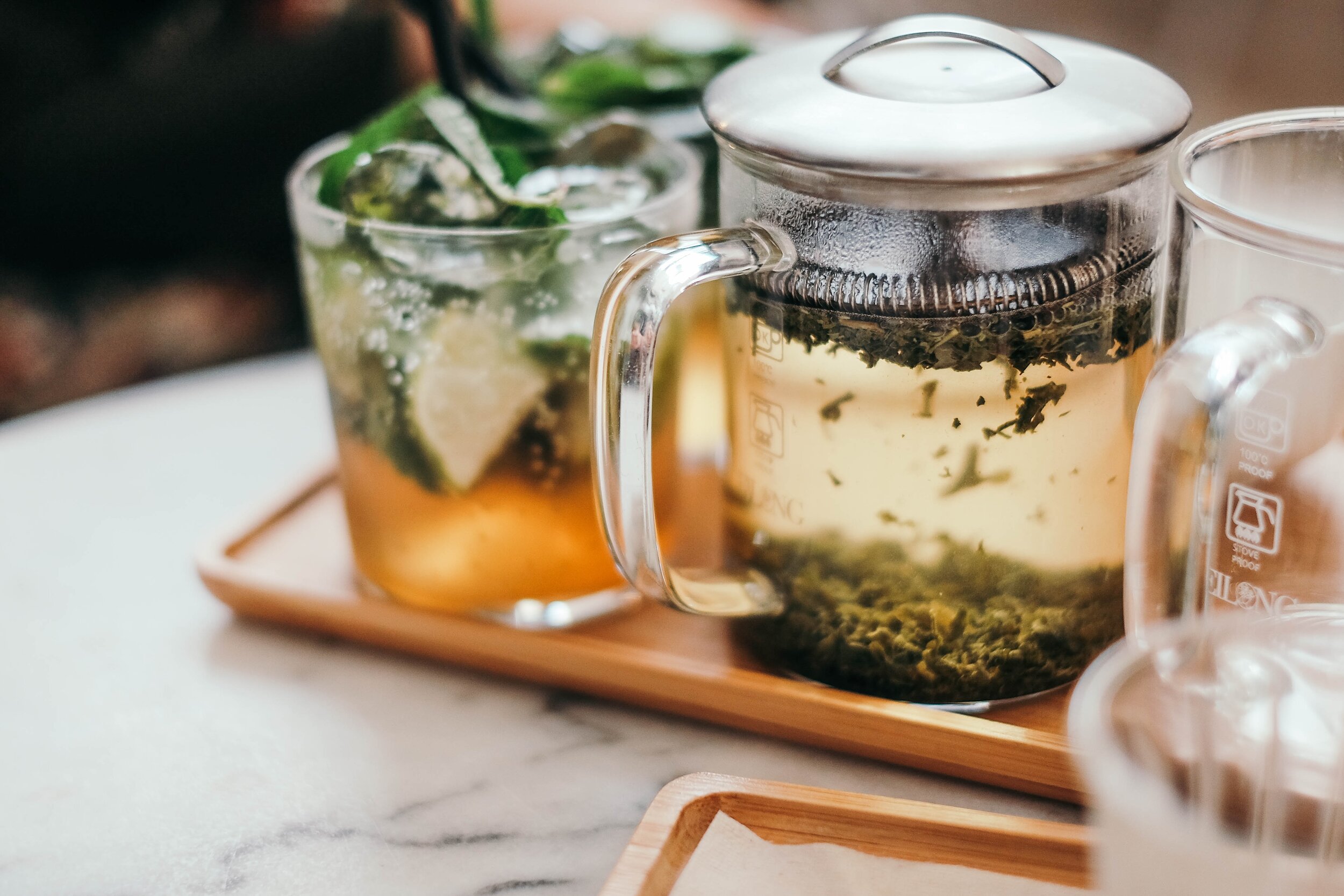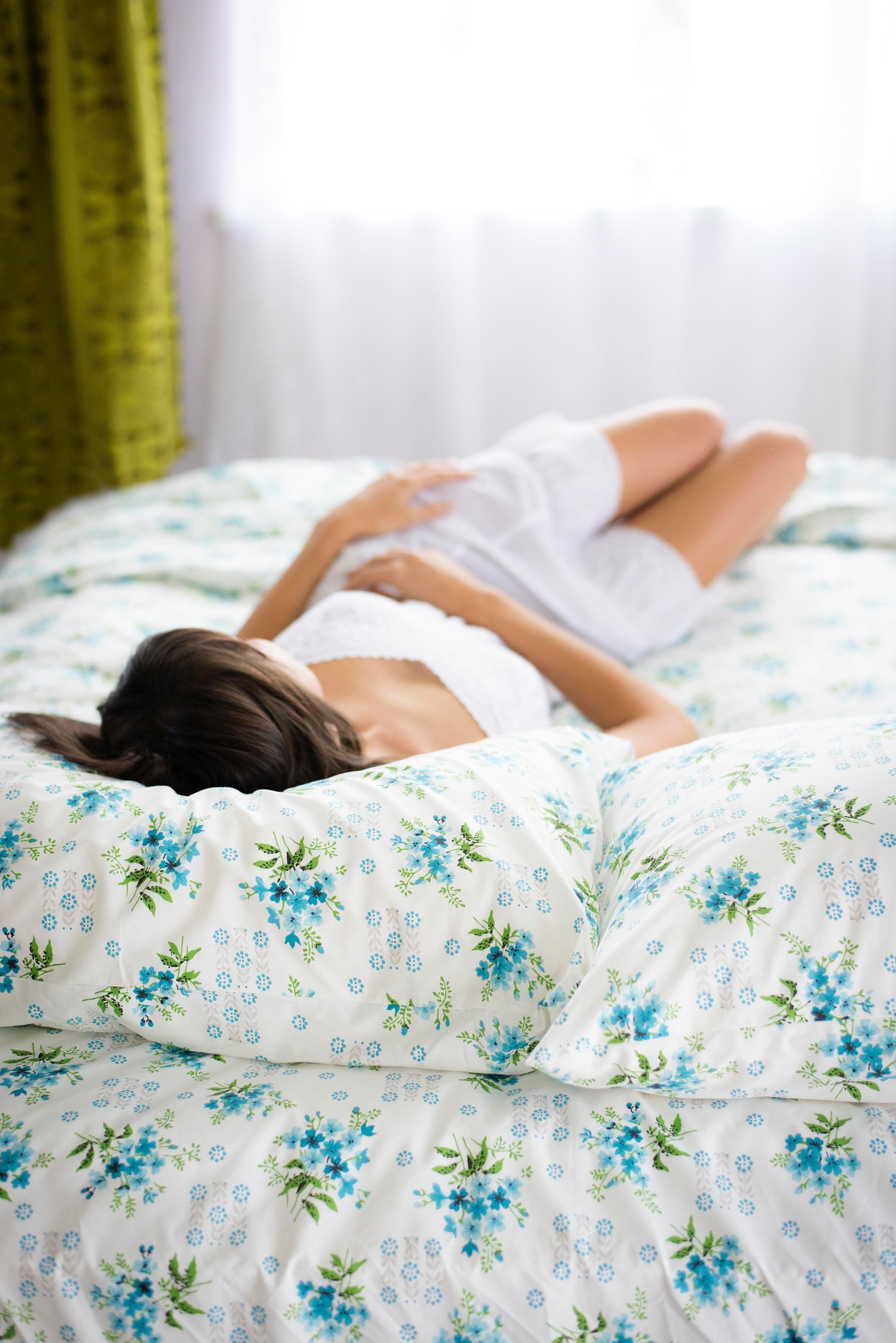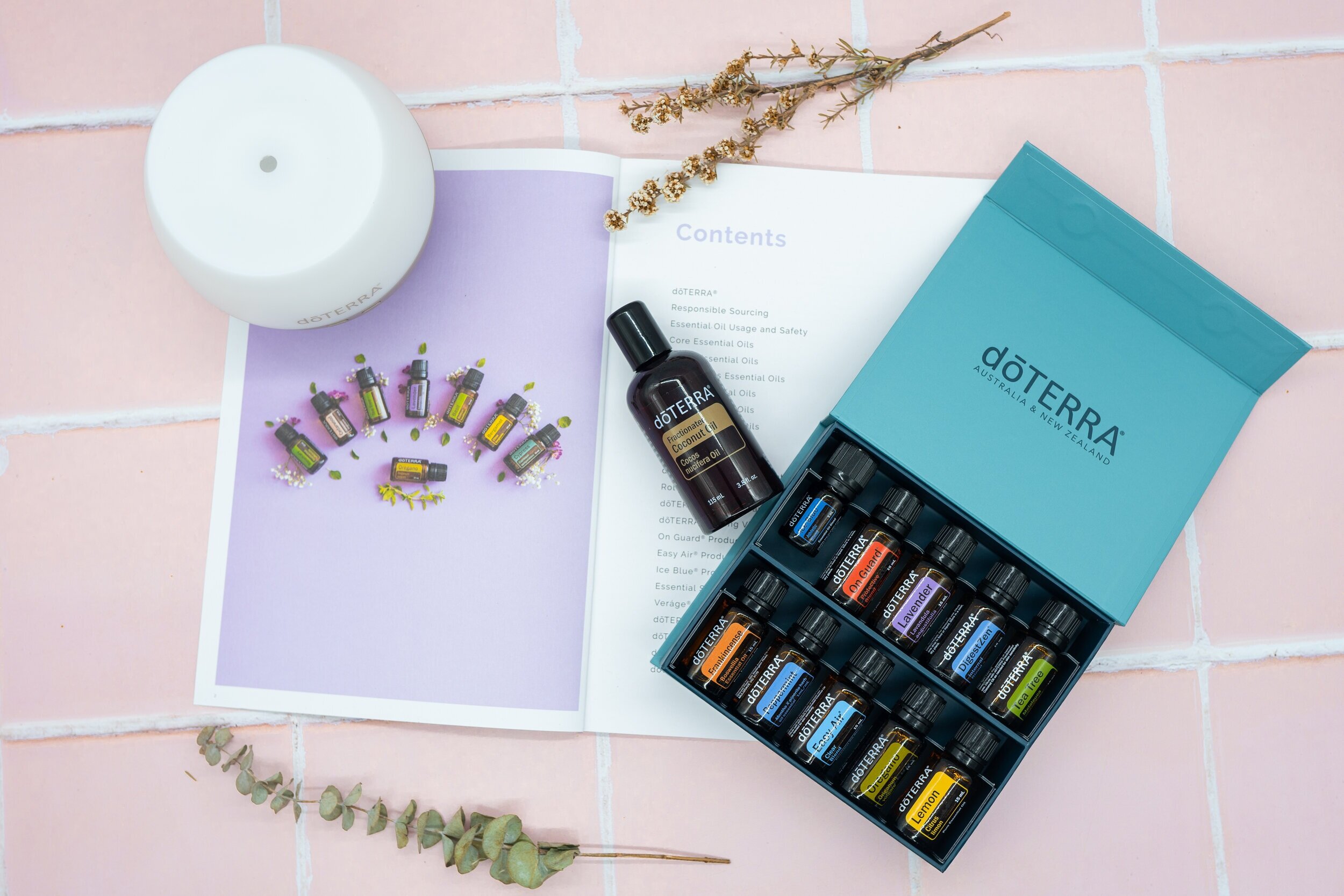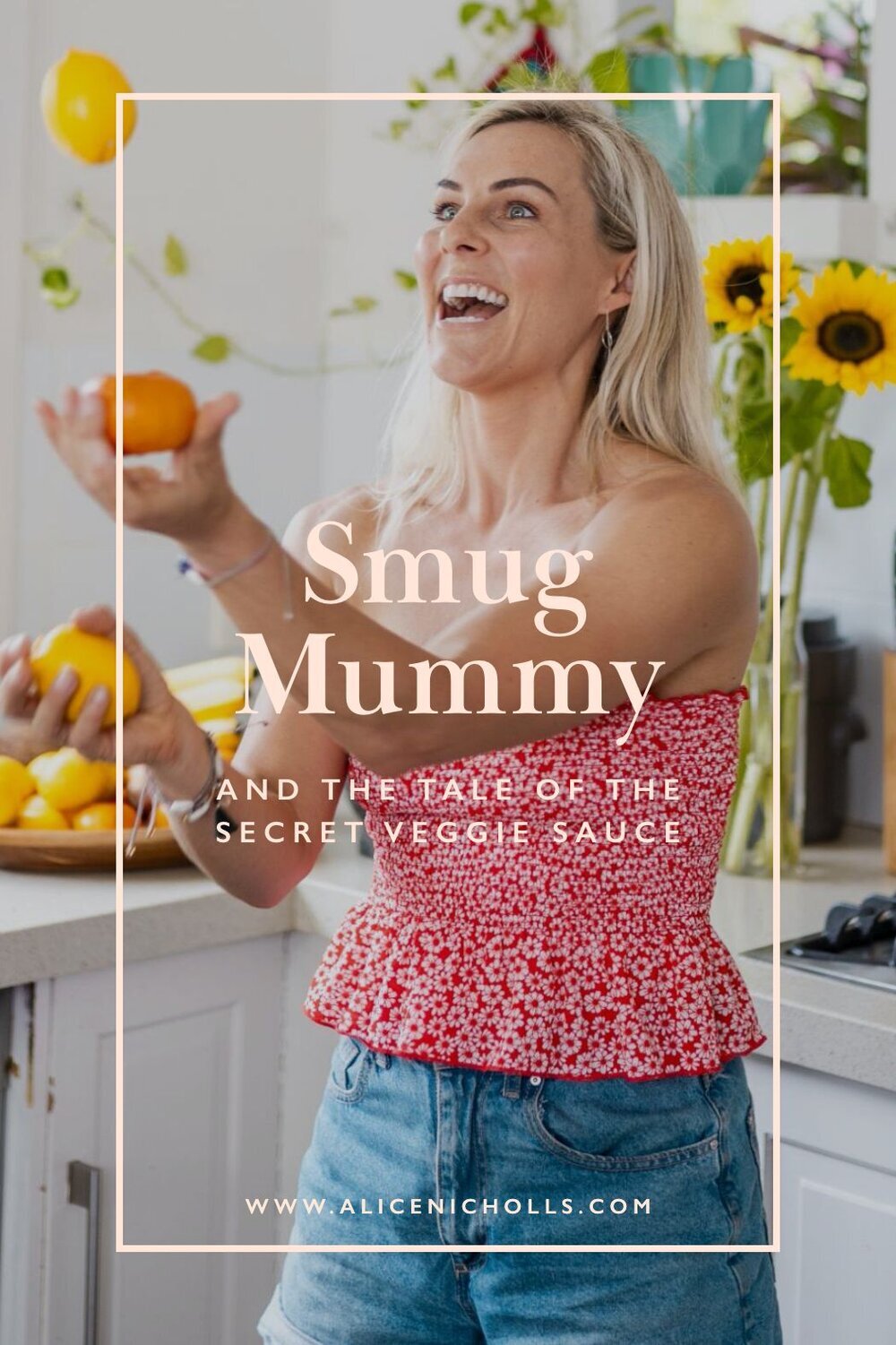5 ways to deal with sugar cravings when you quit drinking…[or in general]
“Spending a night out drinking is akin to dismantling every piece of protection we have—our cognition, our decision making, our reaction time, our memory, our standards, our voice. If we thought about alcohol in this way—as something that undermines our collective momentum and personal agency and vitality and self-worth—what would that mean for us? What if we all rejected the poison—then what? I’ll tell you what: world domination, bitches.”
Whether you’re sober-curious, have decided to abstain more long-term, or are about to rock a month being alcohol-free, if you’ve been a regular drinker, then there may be some common physical responses that crop-up after you remove it from your regular activities.
Dealing with sugar cravings
There’s a few reasons sugar cravings may pop up:
Microbiome imbalance. The gut microbiome of someone who drinks to excess regularly will [nearly] always be compromised in some way. Alcohol itself can ‘feed’ harmful volumes of bacteria that can cause distress in the gut. These living organisms ‘want’ to multiply, and to do so, they will force cravings onto you so that you keep feeding them, where they multiply, and on and on. When you’re ready, it is a good idea to work with an integrative nutritionist/naturopath and have bloods/microbiome analysed. That way, if there’s bacterial imbalance/overgrowth, you can treat the root cause and eat for that.
Chemical rush/Anticipation chemical: The 'pre' rush of dopamine that tends to arrive before you've taken the first sip of alcohol. Dopamine is a messenger substance or neurotransmitter that conveys signals between neurons.
It not only controls mental and emotional responses but also motor reactions.
Dopamine is particularly known as being the "happy hormone." It is responsible for our experiencing happiness.The actual addiction isn't occurring as much after we are already drinking, it is before we even raise the glass to our lips, as the dopamine gets released at the ‘thought’ of what is to come. (This can also be attributed to those who have habitual sugary-snack binges and over-eating/bingeing habits. It’s driven by the thought and then the release of dopamine when you have the ‘decision’ to binge/eat and then it actually goes away once the food is consumed and well before you are ‘full’).
Chemical addiction to the sugars in the alcohol we drink. Sugar can boost 'feel- good' neurotransmitters such as serotonin. “Sugar activates the opiate receptors in our brain and affects the reward centre, which can leads to compulsive behaviour, despite the negative consequences”. [pubmed study]
“Addiction transfer: when you stop one compulsive behaviour or coping mechanism and move to another behavior, as you are not addressing the underlying source of what’s driving the binge behaviour and cravings in the first place. Now you have a better understanding about why all the coffee and sweets at recovery meetings: These substances provide relief for serotonin and dopamine deficiencies.” [source]
Sugar ain’t always ‘Sugar’
Sugar, from a macro-nutrient perspective, is a high GI carbohydrate. Your body, when you take obvious sweets and candy and junk sugars out of it (like from wine or the carbohydrates from beer), may give you messages to reach for rice cakes, breads, pasta, savoury biscuits instead. Our bodies dependancies will always try to drive the ‘vehicle’.
What you can do:
Eat breakfast + regular meals: Sugar spikes insulin and leads to crashes in a cycle. Carb heavy meals will only exacerbate this as grains, pasta’s, lollies/candy/sweets are all high GI. Try to catch the spike before the crash and ‘weight’ any potential insulin spike by eating early/regularly when you’re first abstaining… PLUS ADD…
Good Fats: This is because alcohol is utilised first and our organs detox from the alcohol before anything else. Good fats are imperative for calming insulin spikes, our hormonal balance and clarity/mental health. Fat soluble vitamins like A,E,D and K are best eaten or better synthesised with fat. Our brains are predominantly fatty tissue and better neurological support means eating fat. Our hormone balance is also better supported with high quality fats. When we eat high quality fat, we not only feel fuller for longer, but our bodies become more nutritionally satiated, and stop asking for more ‘nourishment’ where they’ve missed out from fractionated foods like ‘low-fat dairy’ (honestly, these should be taken off the shelves).
Our mental health, ability to cope with stress, and anxiety can also be reduced and then fatigued, snap, habitual decisions to reach for poor energy, poor nutrient foods may also be reduced.
But, fats are not equal. Vegetable oils are NOT healthier for you. Avoid anything that is labelled vegetable oil or cooking oil. For this reason, when I eat, I fry in lard, tallow, ghee, butter or coconut oil. I use meat fat where possible and store it from my cooking for future use.
You can also snack on hard cheese, avocado, coconut oil based bliss balls, seeds and nuts, tahini on crackers, pate and veggie sticks or hey, how about some slow-cooked meats and veg?If you’re looking for good snack options, things like
Supplements can help:
If you’re coming off a fair whack of the booze-train, supplementing can assist where nutrients may be depleted and/or causing sugar cravings.
As with the microbiome tests, it’s beneficial to do bloods to understand where you may have deficiencies, however there are common supportive supplements you can take.
Also, note that RDI or ‘recommended daily intake’ is not based off what we need to ‘thrive’ but rather ‘exist’, which is why supermarket supplements are rarely, if ever, worth purchasing.
Brands I recommend include: Thorne, Metagenics, Biocueticals, Eagle and some doTERRA Supplements.
For sugar cravings:Magnesium regulates glucose and insulin levels, as well as the neurotransmitter dopamine. A deficiency will cause intense sugar cravings, especially for chocolate. Many brands of magnesium are available to supplement your intake.
Zinc helps the body metabolise insulin and glucose. A deficiency can cause sugar cravings. Zinc may also help with anxious feelings.
L-glutamine is an amino acid that balances blood sugar, which helps reduce and even stop cravings. You can take it with your meals or even take some the moment a sugar craving rears its head. A little bit on the tip of a spoon should do the trick and stop the craving in its tracks.
Gamma-aminobutyric acid and D-phenylalanine are supplements that soothe the mind and in this way help reduce carb cravings and emotional bingeing.
Vitamin B complex helps metabolise carbohydrates. In other words, it improves the utilisation of what carbs you do eat. That way, you don’t feel the need to eat more than you need.
Resveratrol is found in red wine. It improves your body’s ability to absorb glucose into muscle tissue. This helps store energy, which reduces the need, and therefore craving, for sugar. (I take the doTERRA Deep Blue Polyphenol complex for this, please contact me @TheWholeDaily on Instagram with a DM to ask how to purchase this from the Aussie store or email me at alice@thewholedaily.com)
Create a new hydration habit with a detox tea: The moment you’re in the craving, you can leverage the neuroplasticity of the mind to recreate new circuits of behaviour.
When you feel that sugar-craving kick in, brew a pot of tea and sit
One of the easiest additions we can crowd in while reducing chemical/toxic burden from our adipose tissue and assisting the wash-out of these, is to flush out the detox organs using a tea made from green herbs or bitter herbs. You can drink as much of this as you like (though reduce milk thistle if you are on blood thinners). When you first drink this tea, you may find it tastes like 'horse chafe' (this is what my mum has said haha), however it won't be long before you're craving the refreshing, cleansing nature of it.
I am in a hot and humid climate, and I actually make this tea, cool it down, and sip on it during the day. I also drink a full litre of cool dandelion tea before, during and after a hot yoga class.Source any of the following green herbs (aim for 3) Your health-food store may have individual packs or purchase from 'Southern Light Herbs' direct.
Horsetail
Nettle
St Johns Wort
Clivers/Cleavers
Milk Thistle
Dandelion
METHOD:
Steep 2-3 heaped tbs into a tea pot or saucepan and allow to steep for 15 mins (or even overnight - and reheat in the morning or drink cold).
Consume as much as you like during the day.
Ride the feelings: Finally, feeling the body and the changes and expressions that it has while you make these adjustments is important. If you think nothing is going to change when you make an adjustment like this, you are fooling yourself.. ;) Trust me, I’ve been there.
If you make friends with the knowledge that you may feel shit and anxious and awkward and weird and unusual and cravey and strange and like you have a million left feet at times, then when it happens, (and it will), then it’s not ‘unexpected’.
Lean into the new feelings… you are ALIVE. You are trying something new.
You are amazing!
If you want to listen or read a really interesting book on women and alcohol while you embark on this change, I recommend ‘Quit Like a Woman’ by Holly Whittaker. I’m into the audio versions so I can walk and listen, but you may like hard copy. It’s not a preachy book on sobriety. It focuses on women and alcohol culture. Your eyes will no doubt be blown open.
Al. XX

